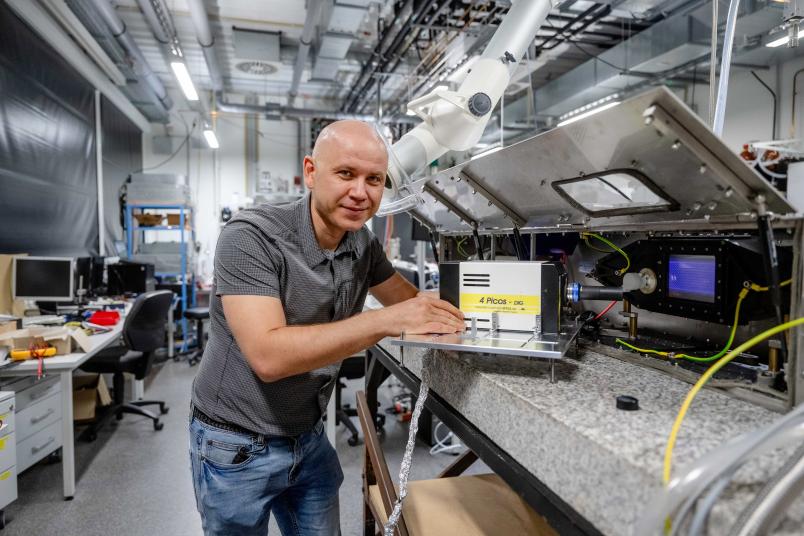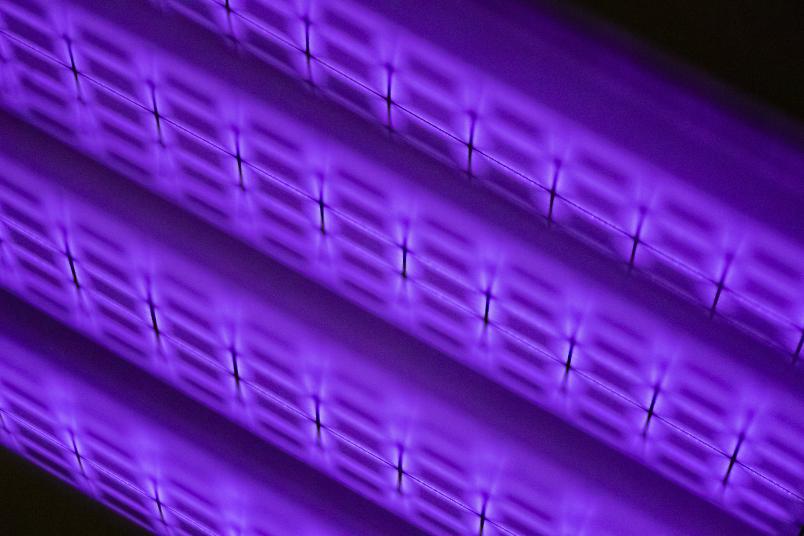
Plasma research
Ihor Korolov believes plasmas can change society in the future
“This young field of research leaves a lot of room for groundbreaking input to science,” claims the senior researcher and lab manager. Most specifically, he enjoys the interdisciplinary nature of plasma research.
Why do you consider plasma research to be the most exciting research field of all?
Plasmas allow us to initiate chemical and physical reactions where other methods reach their limits. Plasma research has led to technological breakthroughs with applications in a number of industries, such as microelectronics, materials processing, surface modification and removal of volatile organic compounds, as well as medical treatments such as plasma sterilization and cancer therapy.
What I like about plasma research is that it encompasses different scientific disciplines, including physics, electrical engineering, chemistry, and materials science. This interdisciplinary nature promotes collaboration and the exchange of ideas between experts from different backgrounds. Despite decades of research, many aspects of the behavior of plasmas and their applications are still poorly understood. This relatively young field of research leaves much room for discovery and innovation that will enable us to make breakthrough contributions to science and technology.
You are also working on improving data management in your field. Which challenges do you face?
Plasma research often uses data from multiple sources, such as experiments and simulations. Combining such heterogenous data to gain a comprehensive physical understanding is quite difficult. Another challenge we face is maintaining data quality across different experiments and time scales.
What has been your most exciting research finding so far?
The most exciting finding was when we managed to significantly improve plasma processes relevant to various applications in the environmental, medical, and semiconductor industries. To this end, we operated various plasma sources with customized voltage shapes to initiate specific plasma chemical and plasma physical reactions. In my opinion, plasma sources operated with customized voltage waveforms will have an indirect, yet significant impact on our society in the near future. Another equally inspiring aspect of this discovery was the fact that our theoretical predictions matched the experimental results, which enabled significant progress in the field.
